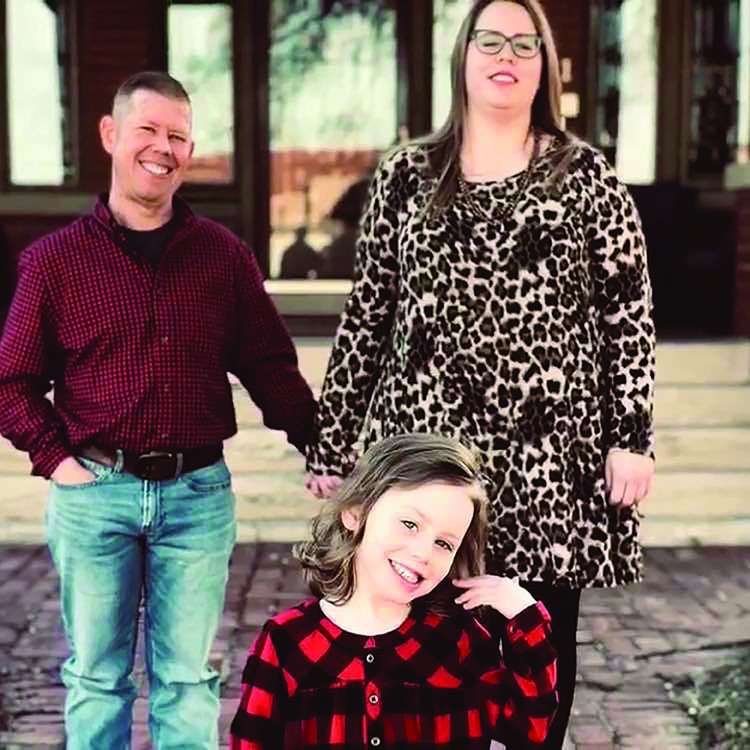By Megan Maharry
Sports Editor
Along with Valentine’s Day, Feb. 14 is also known as National Organ Donation Day. This day is set aside to increase awareness about organ donations.
National Day Calendar said National Donor Day was started in 1998 by the Saturn Corporation and its United Auto Workers partners, with the support of the U.S. Department of Health and Human Services and many nonprofit health organizations.
According to the National Day Calendar, more than 120,000 people in the United States are waiting for life-saving organ donations.
There are five main donation focuses National Donor Day works to bring into light: organs, blood, platelets, tissues and marrows.
In a statistic on the National Day Calendar, approximately every two seconds, there is someone in the U.S. who needs blood, which translates to the need for over 41,000 daily donations.
While there are many opportunities to donate blood and platelets across the U.S., it can be trickier to go through the process of organ donation.
UNOS—United Network for Organ Sharing—gave some statistics on how important it is to be a donor. Currently, 113,874 men, women and children are awaiting organ transplants in the United States. One organ donor can save up to eight lives. Every 10 minutes another name is added to the national organ transplant waiting list. Sadly, an average of 20 people die each day because the organs they need are not donated in time.
More than 7,000 candidates died in 2016 while on the wait list, or within 30 days of leaving the list for personal or medical reasons, without receiving an organ transplant.
Alva native Nathan Gaisford was one of these 113,874 patients waiting for a new organ.
Gaisford grew up in Alva and within the first couple days of his life, the doctors knew something was not right.
He had trouble with his kidneys, and he said the doctors would have to drain his urine with a tube. He said he spent many years going to the children’s hospital in Oklahoma City for appointments.
Yet, he said the trouble with his kidneys did not restrict him. He said he was not on dialysis growing up and he was very active. He played football and basketball and never let his kidneys slow him down.
The time came, however, where he was in need of a transplant. He received his first kidney transplant on Nov. 26 in 1990. His mother was his donor.
He said he had his mom’s kidney all the way until April 11, 2018. In December of 2016, he began dialysis because his kidney was starting to fail.
Once again, he traveled back and forth to Oklahoma City for treatments. He went for dialysis three times a week, a couple hours a day.
He said during his time in dialysis, the dialysis center reported to the transplant center. He said if the transplant center determined you weren’t being compliant, it could affect your place on the transplant list.
He said in his search for a new kidney, he had massive support from the Alva community and his church family.
“From bake sales to love jars to a poker run, the community really came together for me,” Gaisford said.
It seemed Joelle Randall was the answer to Gaisford’s prayers. An Alva resident, Randall made the decision to donate one of her kidneys to Gaisford.
She called the transplant center and began taking the various steps to become a donor to Gaisford. Gaisford said it was a rigorous process, and took over a year to go through everything.
On April 11 of 2018, Gaisford received Randall’s kidney, his second transplant in his life. They are both healthy.
Gaisford said he still takes medicine daily and travels moderately to Oklahoma City for check-ups, but the transplant was successful and now at the age of 38, he is healthy.
“I saw God manifest himself through the entire thing,” Gaisford said.
Gaisford’s incredible story is one of many. Thousands of people are waiting for their own story to be complete with a donation.
On UNO’s website, unos.org, there is more information on how to become a donor and other ways to help save people’s lives.
“I really encourage donation,” Gaisford said.

